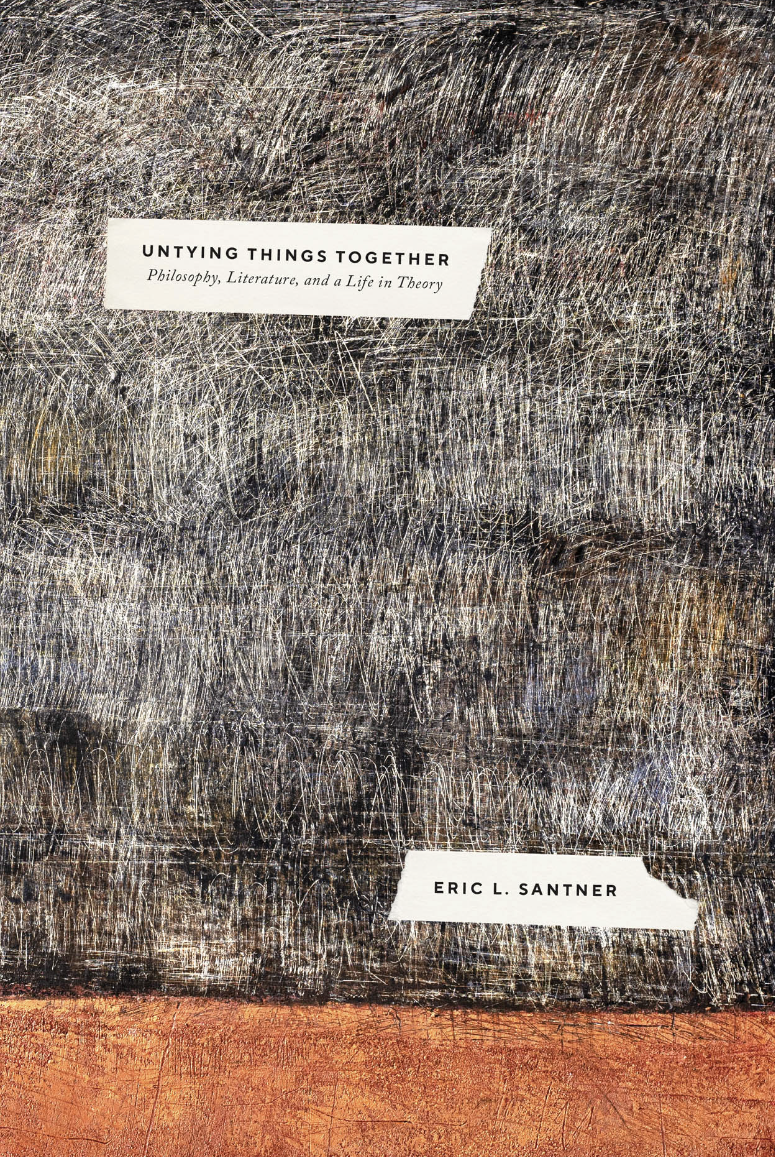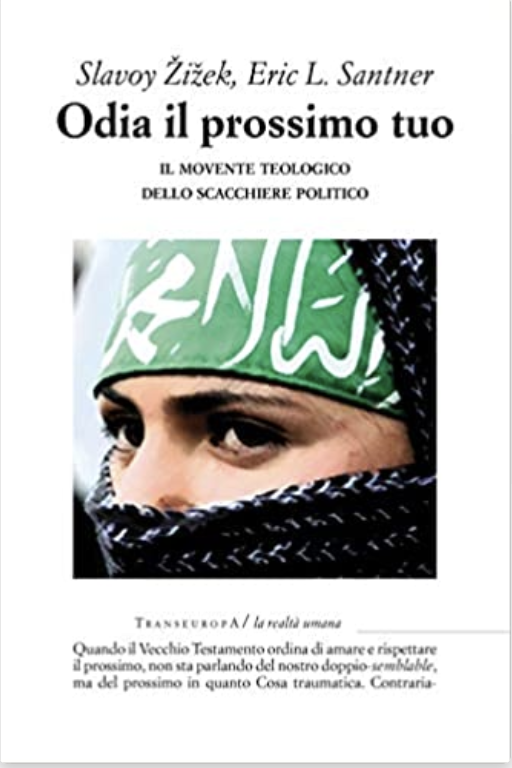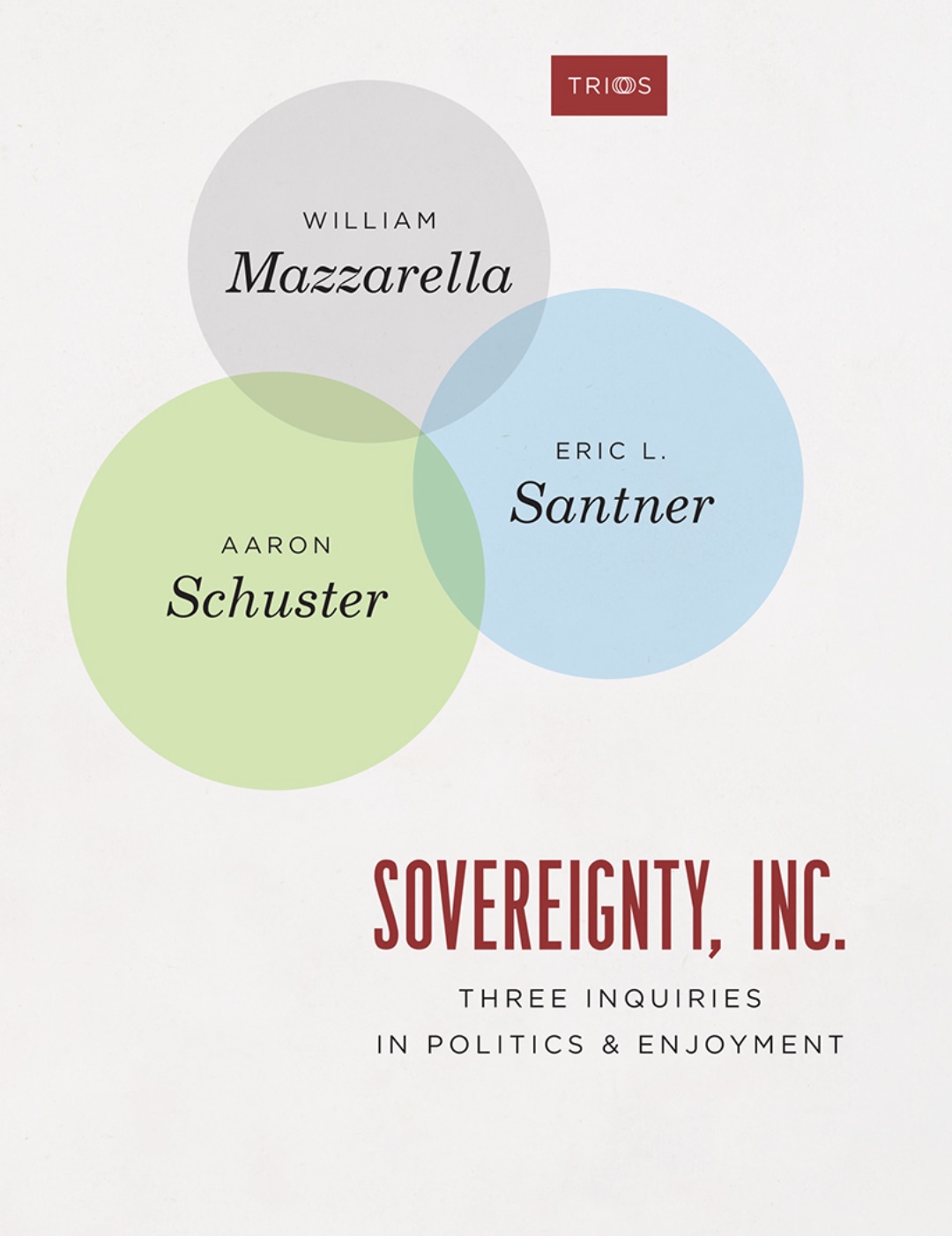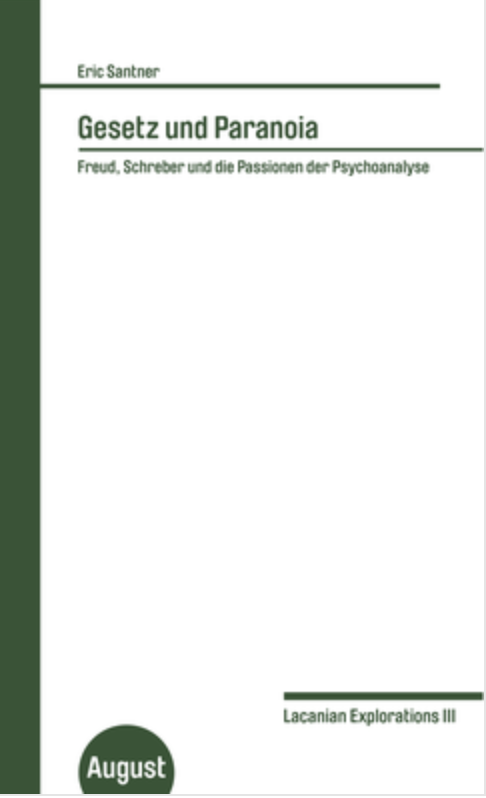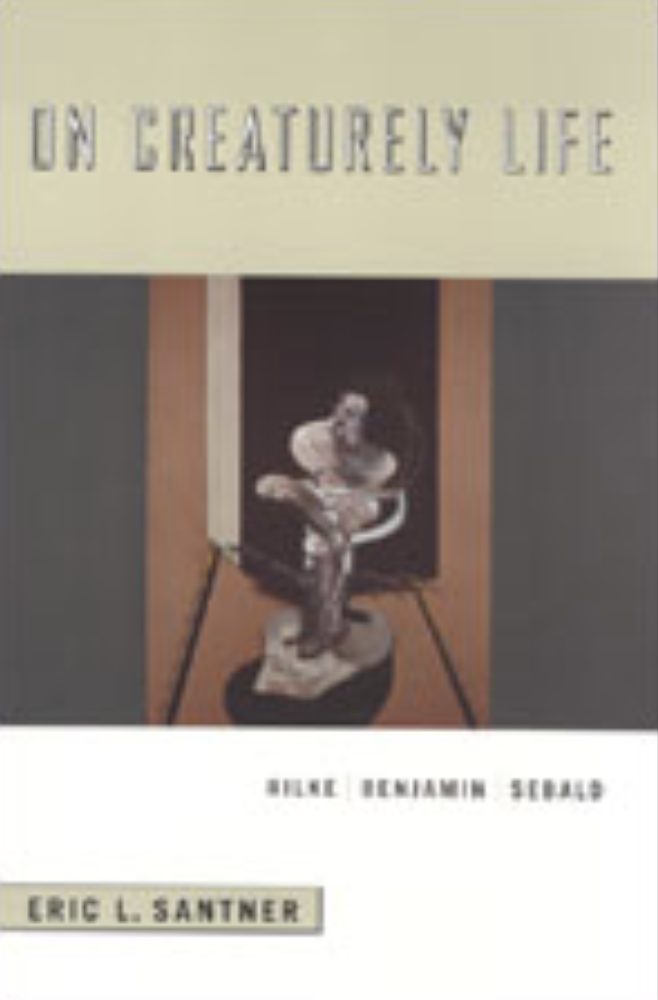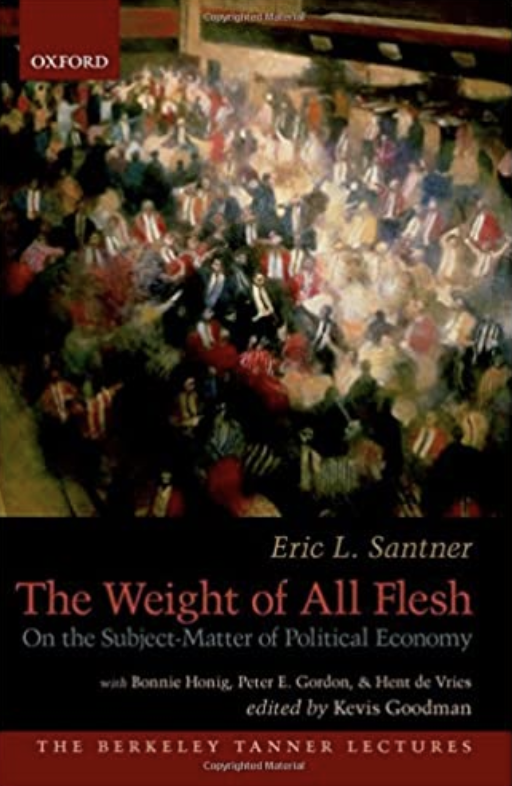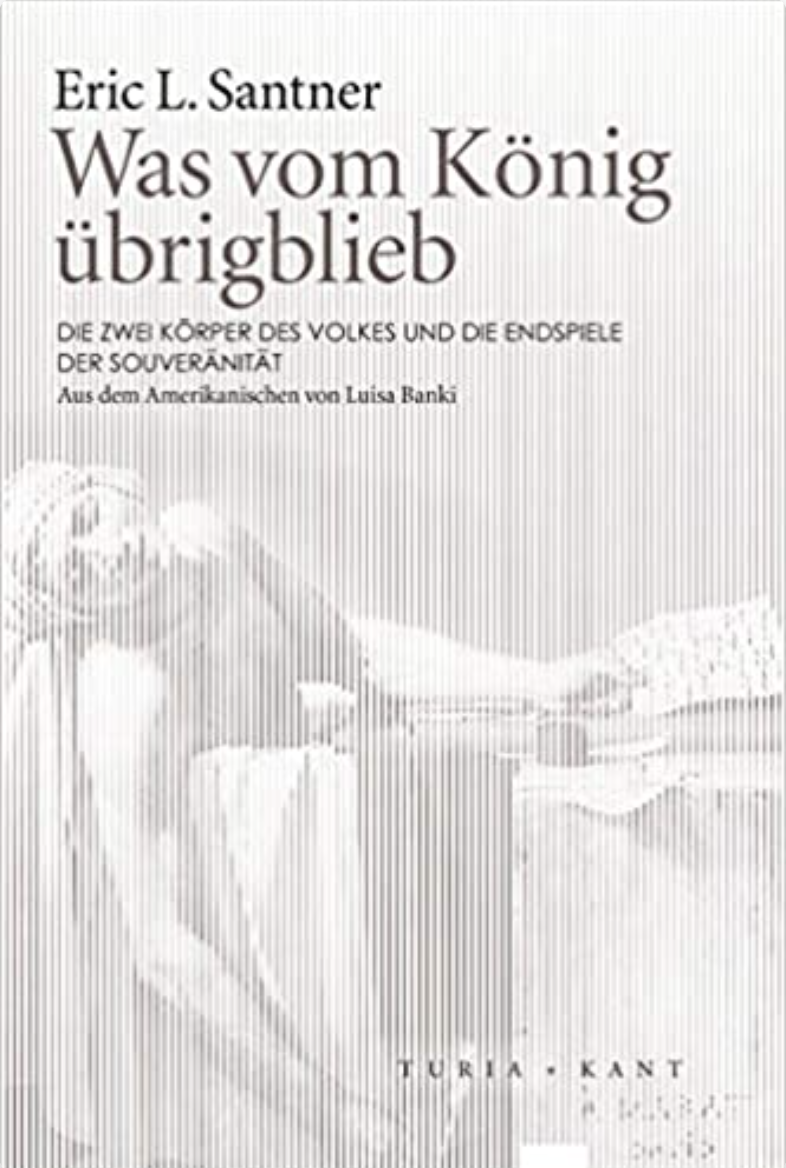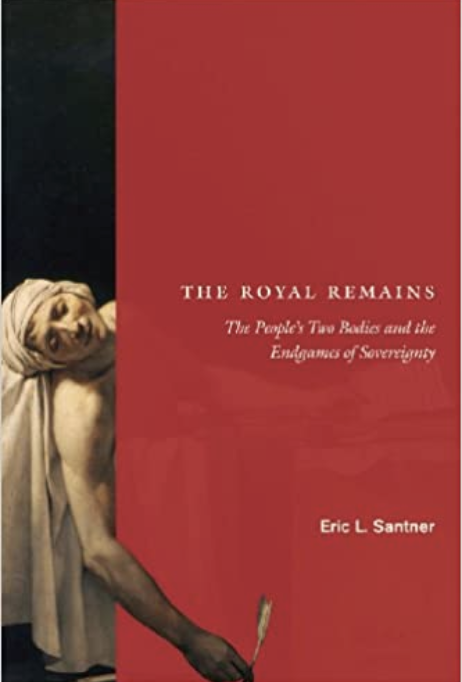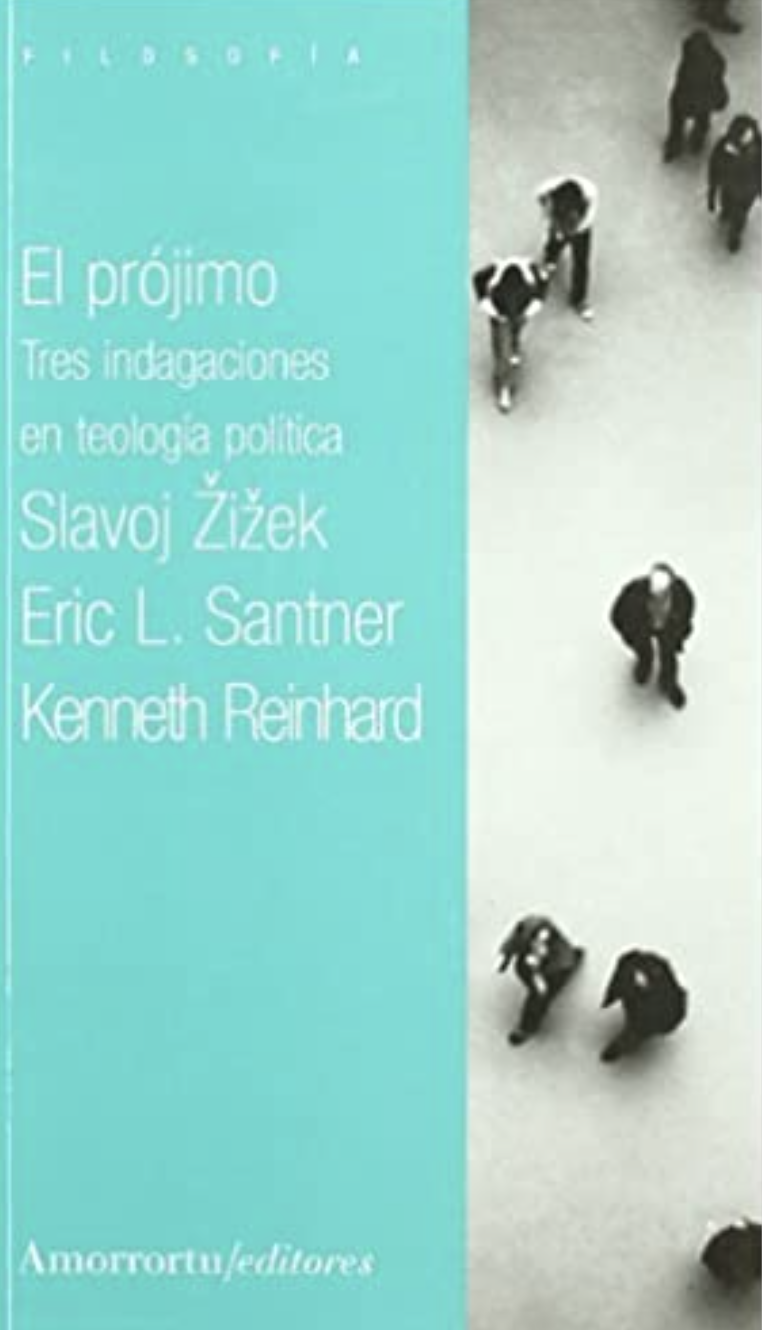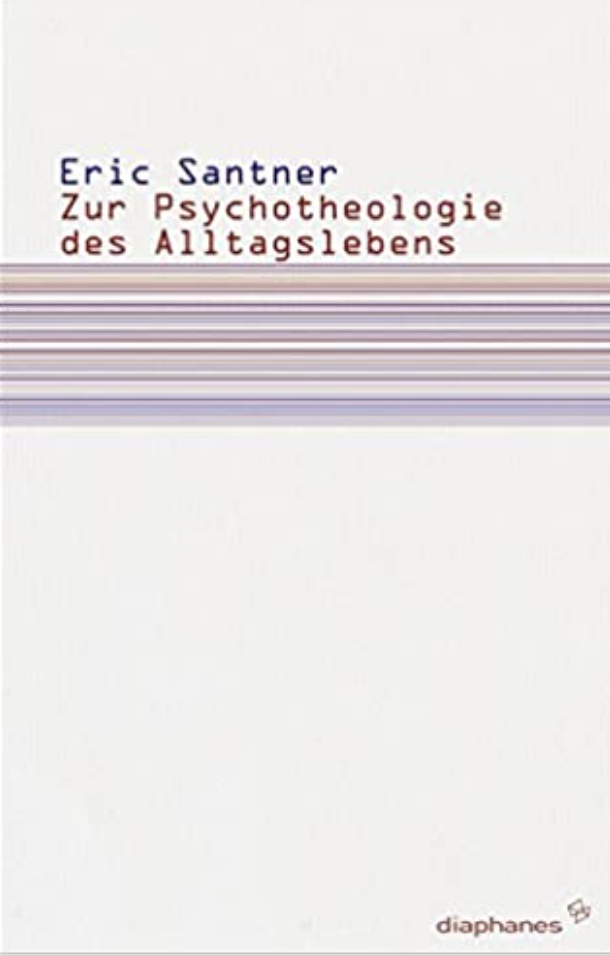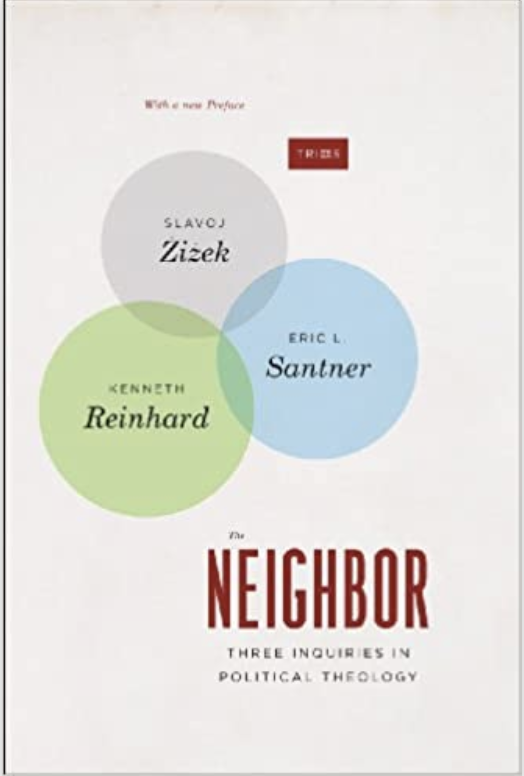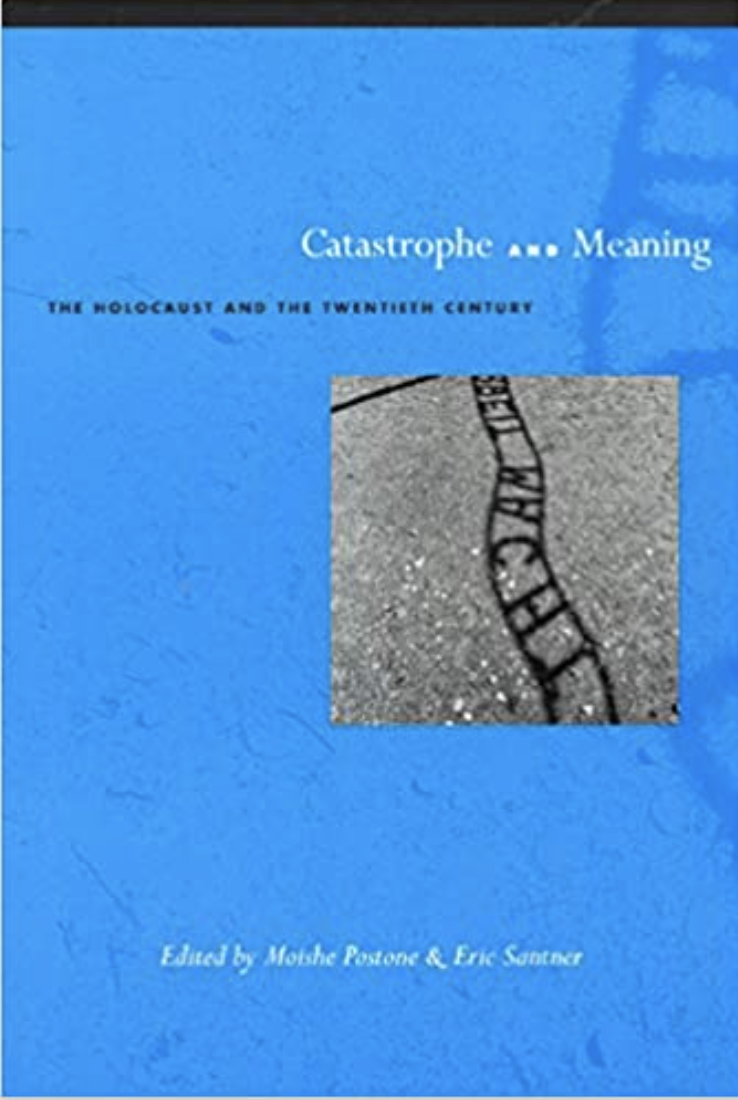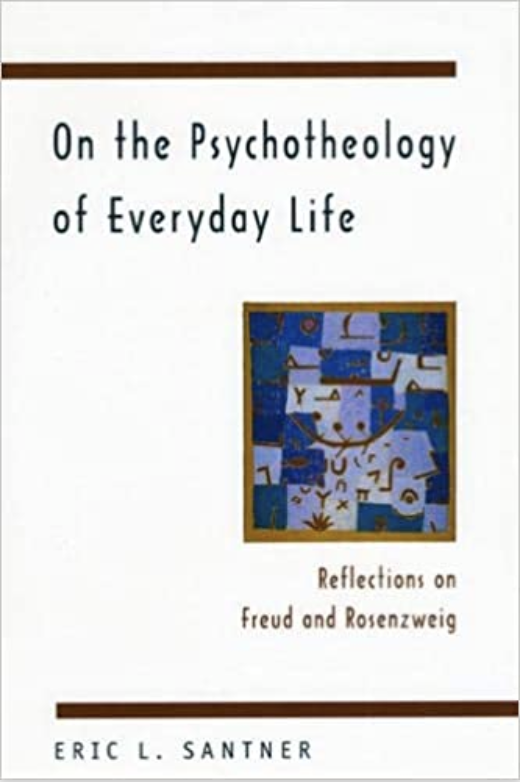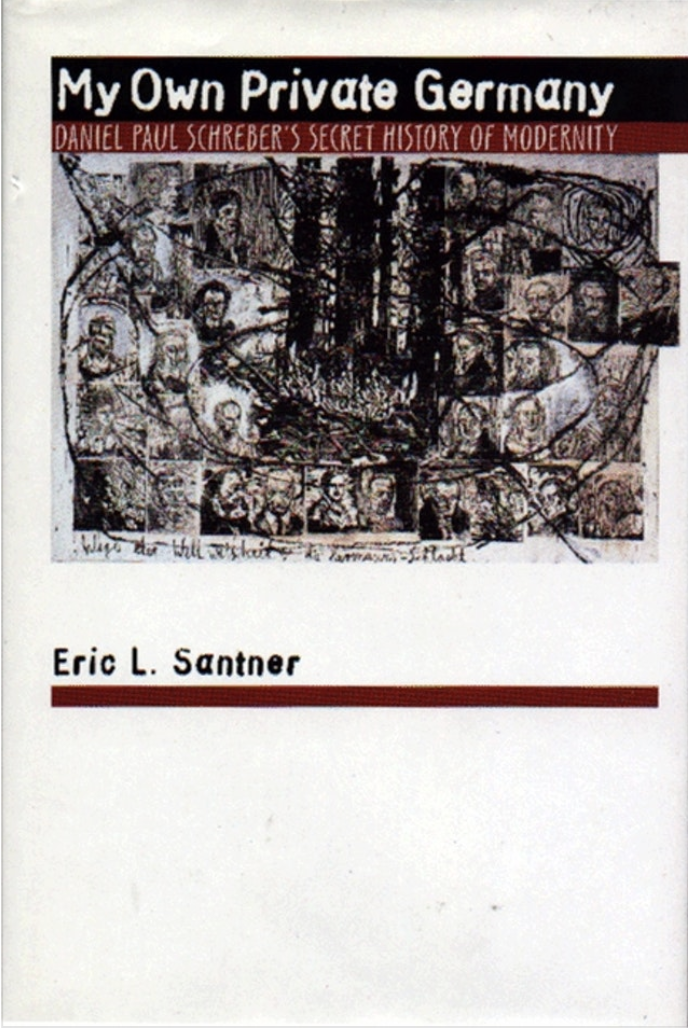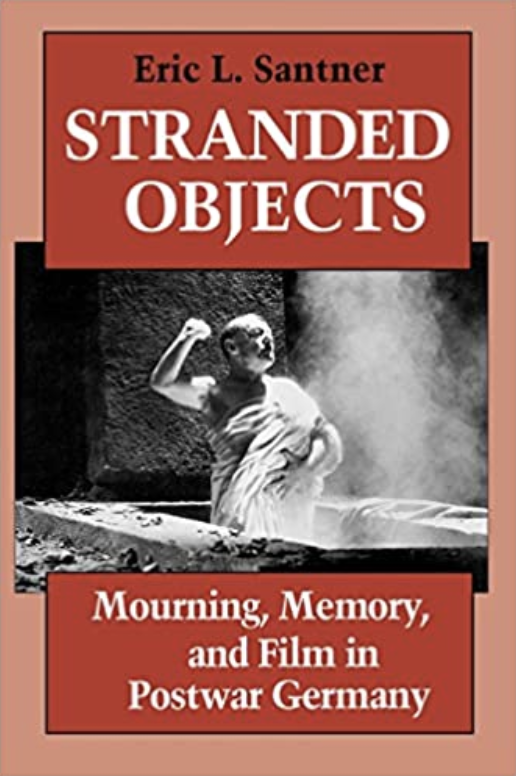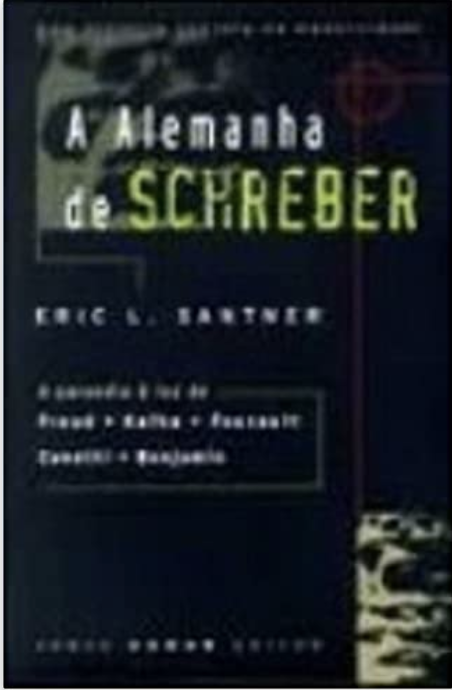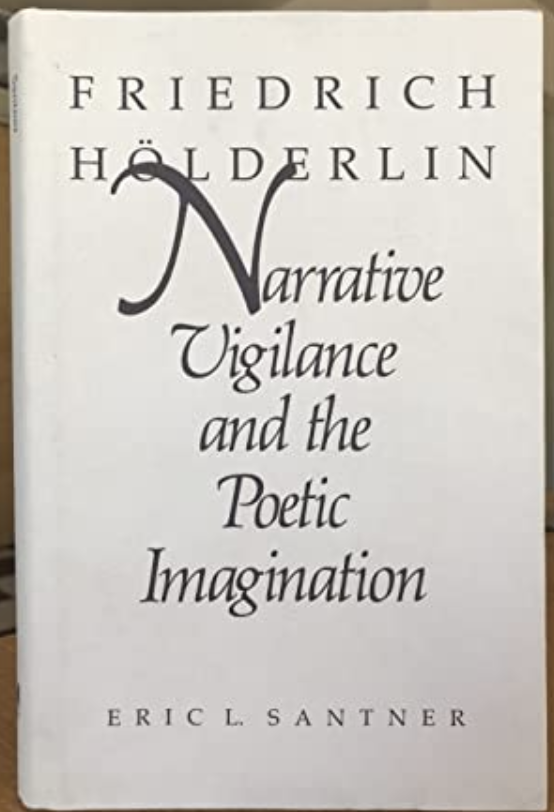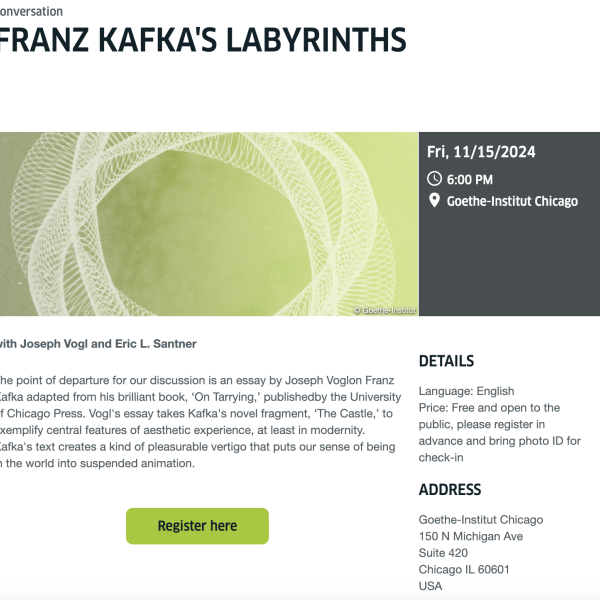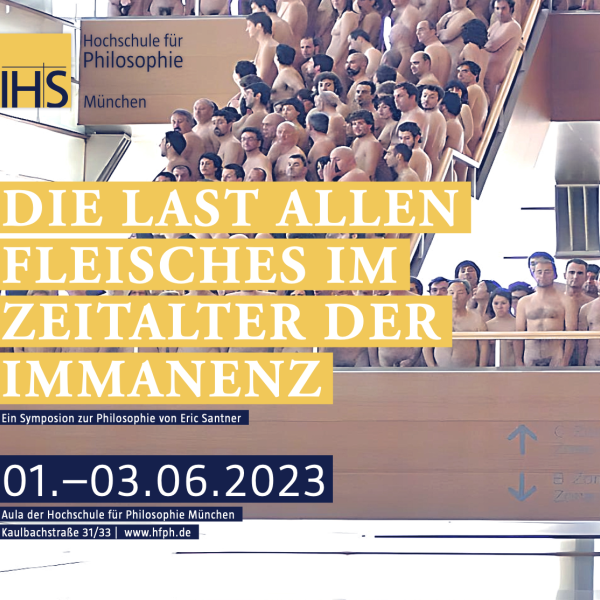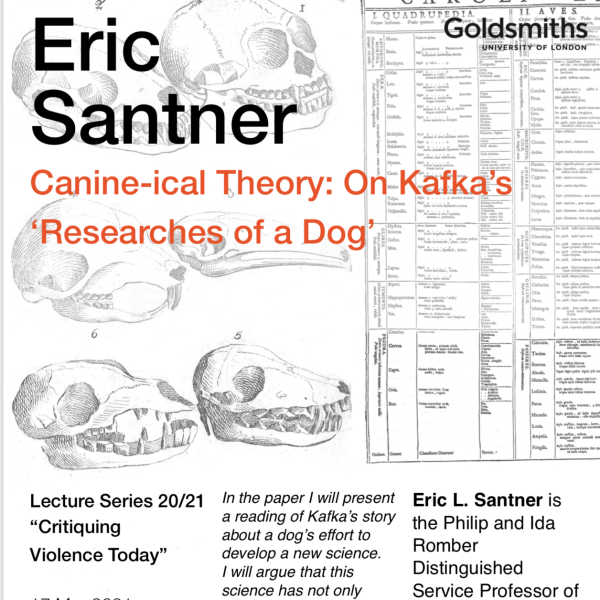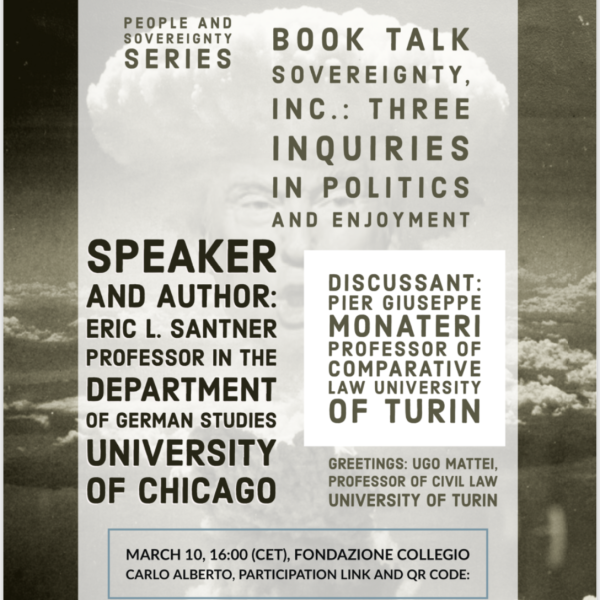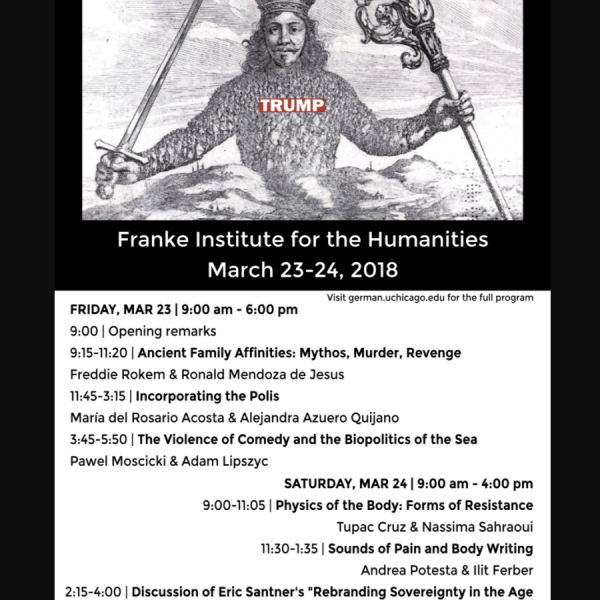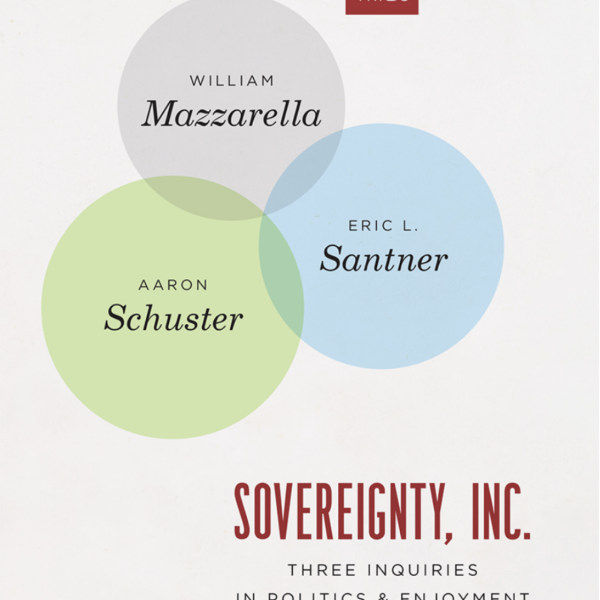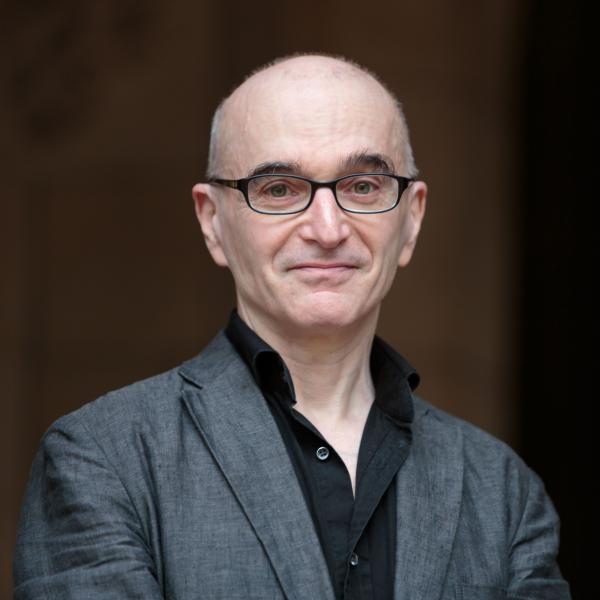
My work is situated at the intersection of literature, philosophy, psychoanalysis, political theory, and religious thought. My cross-disciplinary approach is reflected in my teaching: I have co-taught seminars with philosophers, historians of religion, anthropologists, political theorists, and psychoanalysts.
Intellectual Profile
I came to the University of Chicago in 1996 after teaching at Princeton University for twelve years. I originally came to German Studies by way of philosophy (my major at Oberlin College). After learning the language to enable a deeper engagement with the German philosophical tradition, I studied philosophy in Bonn (primarily Kant and Heidegger) and Freiburg (primarily Hegel and Heidegger). In the course of these studies I came to feel the need not only to supplement but also to challenge my philosophical orientation with a more “poetic” mode of thinking and shifted my primary emphasis to literary materials (and eventually also to film). The writings of Friedrich Hölderlin served as a crucial point of reference in this change of orientation. As the son of Jewish immigrants from Eastern Europe, I also felt the need to explore more directly the legacies of Nazism and the Holocaust in the field in which I had made my professional home. What followed have been a series of inquiries that largely reflect these contingent beginnings even while moving in quite unexpected directions. Another crucial encounter that has informed my intellectual trajectory was with the work of Freud whose writings I only began to explore while working on questions memory, mourning, and memorialization in postwar Germany. Other writers who have fundamentally shaped my sense of things include: Franz Kafka, Rainer Maria Rilke, Daniel Paul Schreber, Franz Rosenzweig, Walter Benjamin, W. G. Sebald. Some of the philosophers and theorists with whom my work has been in regular dialogue: Jacques Lacan, Jacques Derrida, Michel Foucault, Giorgio Agamben, Slavoj Zizek, Mladen Dolar.
Work with Students
I have mentored students working on German philosophy, German-Jewish thought, literary modernism, postwar literature and film, philosophy of religion, political theory, German poetry, gender and sexuality.
Selected Publications
Untying Things Together: Philosophy, Literature, and a Life in Theory (University of Chicago Press, Spring 2022)
Sovereignty, Inc.: Three Inquiries in Politics and Enjoyment (with William Mazzarella, Aaron Schuster). Chicago: University Press, 2020
The Weight of All Flesh: On the Subject-Matter of Political Economy [The Tanner Lectures in Human Values]. Oxford: Oxford University Press, 2016.
The Royal Remains: The People’s Two Bodies and the Endgames of Sovereignty. Chicago: University of Chicago Press, 2011. German translation, 2016.
On Creaturely Life: Rilke, Benjamin, Sebald. Chicago: University of Chicago Press, 2006. French translation (chapter), 2016.
The Neighbor. Three Inquiries in Political Theology (with Slavoj Zizek and Kenneth Reinhard). Chicago: University of Chicago Press, 2005. Italian translation, 2009; Korean translation, 2010; Polish translation 2013; Spanish translation, 2016.
On the Psychotheology of Everyday Life: Reflections on Freud and Rosenzweig. Chicago: The University of Chicago Press, 2001. Hebrew translation, 2005; German translation, 2010.
My Own Private Germany. Daniel Paul Schreber's Secret History of Modernity. Princeton: Princeton University Press, 1996. Portuguese translation, 1997. German translation, 2016.
Stranded Objects: Mourning, Memory, and Film in Postwar Germany. Ithaca: Cornell University Press, 1990.
Friedrich Hölderlin: Narrative Vigilance and the Poetic Imagination. New Brunswick: Rutgers University Press, 1986.
Courses Taught
- Messianism and Modernity
- Jewish Political Theology
- Libidinal and Political Economy: Marx and Freud
- Rilke’s Poetry and Prose
- Creaturely Modernism: Kafka and Beckett
- What Is Authority?
- The Crowd: Mob, Mass, Multitude
- The Debt Drive: Philosophy, Psychoanalysis, Neoliberalism
- On the Natural History of Destruction: W. G. Sebald
- Weimar Politics and Culture
- Heidegger and the Poets

